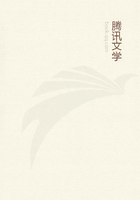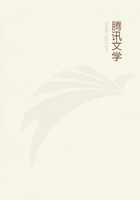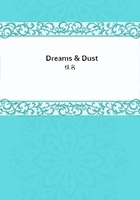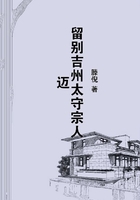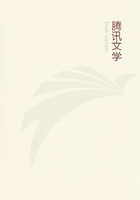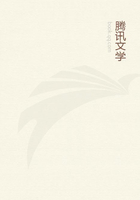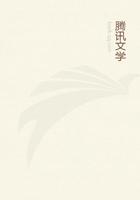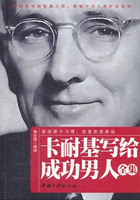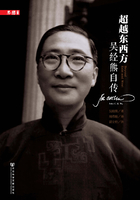OF late years the name of Walt Whitman has been a good deal bandied about in books and magazines. It has become familiar both in good and ill repute. His works have been largely bespattered with praise by his admirers, and cruelly mauled and mangled by irreverent enemies. Now, whether his poetry is good or bad as poetry, is a matter that may admit of a difference of opinion without alienating those who differ.
We could not keep the peace with a man who should put forward claims to taste and yet depreciate the choruses in SAMSON AGONISTES; but, I think, we may shake hands with one who sees no more in Walt Whitman's volume, from a literary point of view, than a farrago of incompetent essays in a wrong direction. That may not be at all our own opinion. We may think that, when a work contains many unforgettable phrases, it cannot be altogether devoid of literary merit. We may even see passages of a high poetry here and there among its eccentric contents. But when all is said, Walt Whitman is neither a Milton nor a Shakespeare; to appreciate his works is not a condition necessary to salvation; and I would not disinherit a son upon the question, nor even think much the worse of a critic, for I should always have an idea what he meant.
What Whitman has to say is another affair from how he says it. It is not possible to acquit any one of defective intelligence, or else stiff prejudice, who is not interested by Whitman's matter and the spirit it represents. Not as a poet, but as what we must call (for lack of a more exact expression) a prophet, he occupies a curious and prominent position. Whether he may greatly influence the future or not, he is a notable symptom of the present. As a sign of the times, it would be hard to find his parallel. I should hazard a large wager, for instance, that he was not unacquainted with the works of Herbert Spencer; and yet where, in all the history books, shall we lay our hands on two more incongruous contemporaries? Mr. Spencer so decorous - I had almost said, so dandy - in dissent; and Whitman, like a large shaggy dog, just unchained, scouring the beaches of the world and baying at the moon. And when was an echo more curiously like a satire, than when Mr. Spencer found his Synthetic Philosophy reverberated from the other shores of the Atlantic in the "barbaric yawp" of Whitman?
I.
Whitman, it cannot be too soon explained, writes up to a system. He was a theoriser about society before he was a poet. He first perceived something wanting, and then sat down squarely to supply the want. The reader, running over his works, will find that he takes nearly as much pleasure in critically expounding his theory of poetry as in making poems. This is as far as it can be from the case of the spontaneous village minstrel dear to elegy, who has no theory whatever, although sometimes he may have fully as much poetry as Whitman. The whole of Whitman's work is deliberate and preconceived. A man born into a society comparatively new, full of conflicting elements and interests, could not fail, if he had any thoughts at all, to reflect upon the tendencies around him. He saw much good and evil on all sides, not yet settled down into some more or less unjust compromise as in older nations, but still in the act of settlement. And he could not but wonder what it would turn out; whether the compromise would be very just or very much the reverse, and give great or little scope for healthy human energies. From idle wonder to active speculation is but a step; and he seems to have been early struck with the inefficacy of literature and its extreme unsuitability to the conditions. What he calls "Feudal Literature" could have little living action on the tumult of American democracy; what he calls the "Literature of Wo," meaning the whole tribe of Werther and Byron, could have no action for good in any time or place.
Both propositions, if art had none but a direct moral influence, would be true enough; and as this seems to be Whitman's view, they were true enough for him. He conceived the idea of a Literature which was to inhere in the life of the present; which was to be, first, human, and next, American; which was to be brave and cheerful as per contract; to give culture in a popular and poetical presentment; and, in so doing, catch and stereotype some democratic ideal of humanity which should be equally natural to all grades of wealth and education, and suited, in one of his favourite phrases, to "the average man." To the formation of some such literature as this his poems are to be regarded as so many contributions, one sometimes explaining, sometimes superseding, the other: and the whole together not so much a finished work as a body of suggestive hints. He does not profess to have built the castle, but he pretends he has traced the lines of the foundation. He has not made the poetry, but he flatters himself he has done something towards making the poets.

